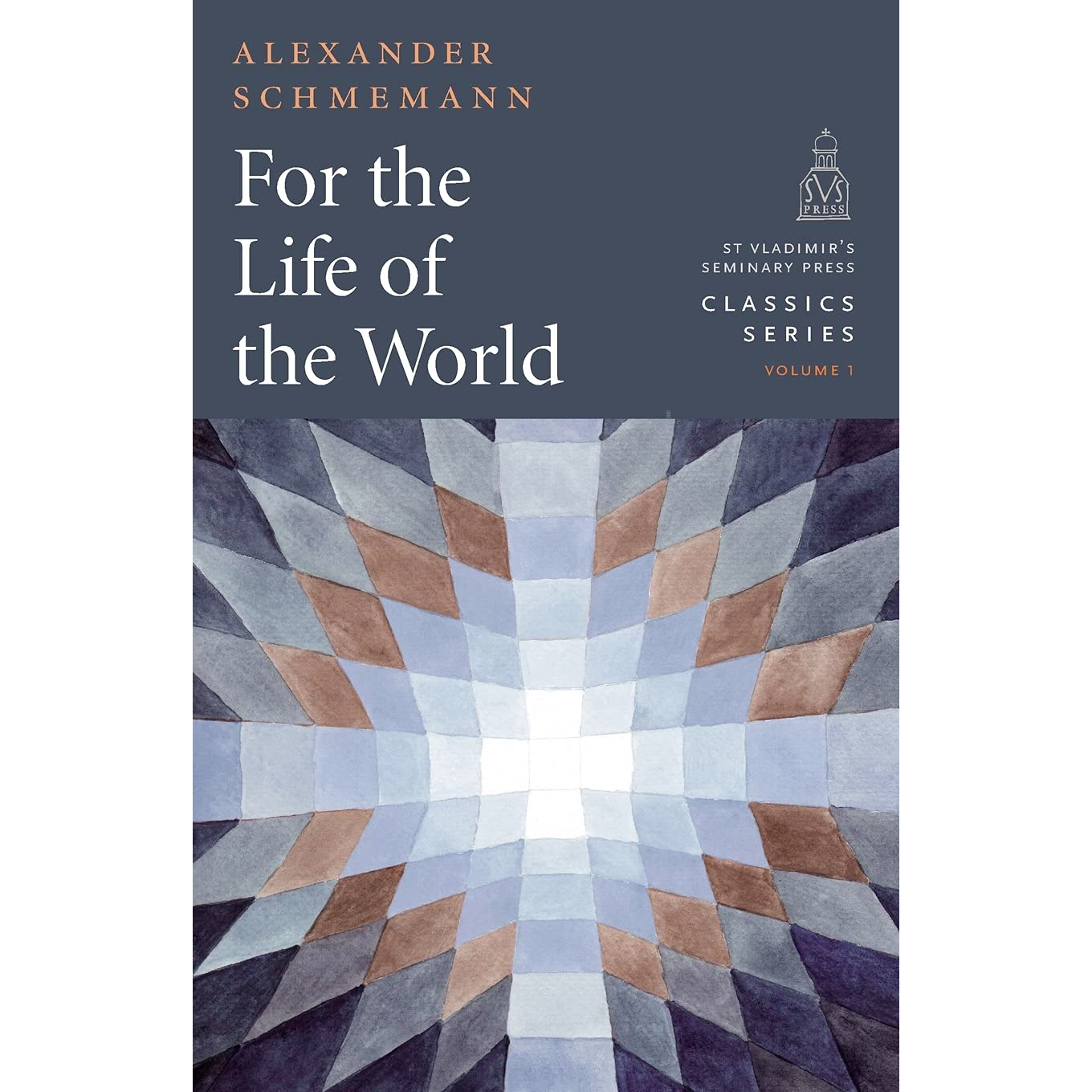“Secularism, I submit, is above all a negation of worship. I stress: — not of God’s existence, not of some kind of transcendence and therefore of some kind of religion. If secularism in theological terms is a heresy, it is primarily a heresy about man. It is the negation of man as a worshipping being, as homo adorans: the one for whom worship is the essential act which both ‘posits’ his humanity and fulfills it. It is the rejection as ontologically and epistemologically ‘decisive,’ of the words which ‘always, everywhere and for all’ were the true ‘epiphany’ of man’s relation to God, to the world and to himself: ‘It is meet and right to sing of Thee, to bless Thee, to praise Thee, to give thanks to Thee, to worship Thee in every place of Thy dominion. . . .’”
“Secularism — we must again and again stress this — is a ‘stepchild’ of Christianity, as are, in the last analysis, all secular ideologies which today dominate the world — not, as it is claimed by the Western apostles of a Christian acceptance of secularism, a legitimate child, but a heresy. . . . But then heresy is always a question addressed to the Church, and which requires, in order to be answered, an effort of Christian thought and conscience. To condemn a heresy is relatively easy. What is much more difficult is to detect the question it implies, and to give this question an adequate answer. Such, however, was always the Church’s dealing with ‘heresies’ — they always provoked an effort of creativity within the Church so that the condemnation became ultimately a widening and deepening of the Christian faith itself. To fight Arianism, St. Athanasius advocated the term consubstantial, which earlier, and within a different theological context, was condemned as heretical. Because of this he was violently opposed, not only by Arians but by ‘conservatives,’ who saw in him an innovator and a ‘modernist.’ Ultimately, however, it became clear that it was he who saved Orthodoxy, and the blind ‘conservatives’ consciously and unconsciously helped the Arians. Thus, if secularism is, as I am convinced, the great heresy of our own time, it requires from the Church not mere anathemas, and certainly not compromises, but above all an effort of understanding so it may ultimately be overcome by truth.”
—from Alexander Schmemann, For the Life of the World (St. Vladimir’s Seminary Press, 1973)
